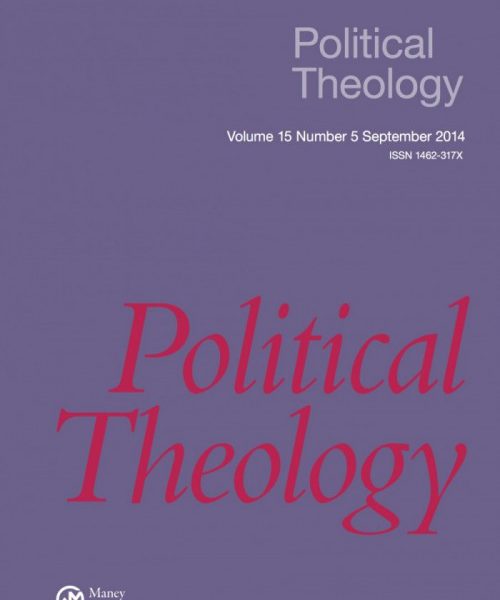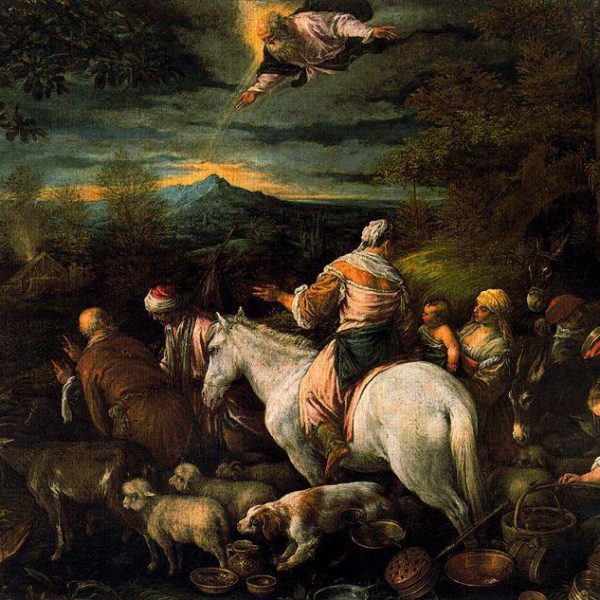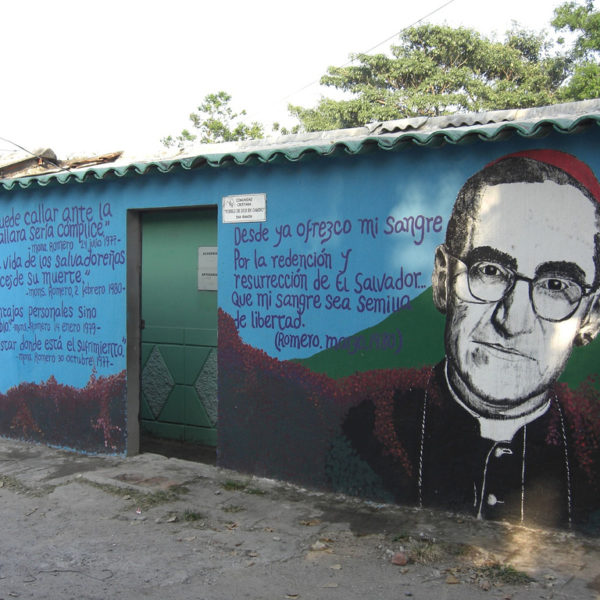
In Jesus’ parable of the day laborers on the vineyard, we encounter two competing views of what constitutes just compensation, one determined by ‘fairness’ and the other by need. In its commitment to the human-centered “economics of need,” the Reign of God teaches us to value work—and the worker—in a new way.
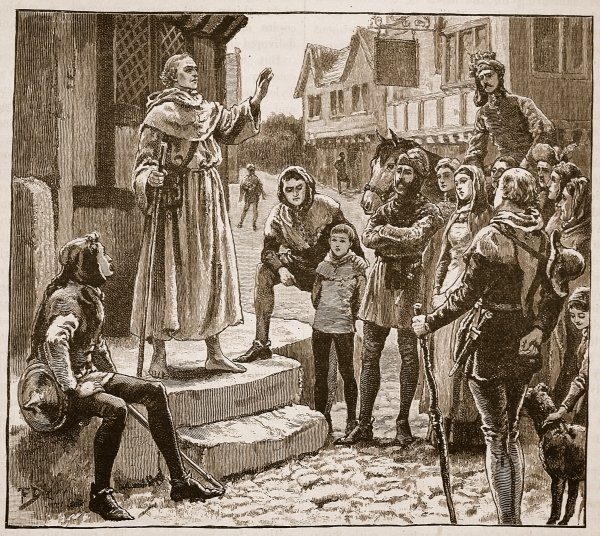
One Sunday around 1173, in Lyons, a wealthy financier named Waldo heard a traveling singer tell the story of St. Alexis, the son of a Roman senator who fled his family, became a beggar, and took to a life of prayer and service. Moved, he hurried to talk to a theologian, who told him of Jesus’ exhortation: if you wish to be perfect, go, sell what you have, and give it to the poor. And so he did.
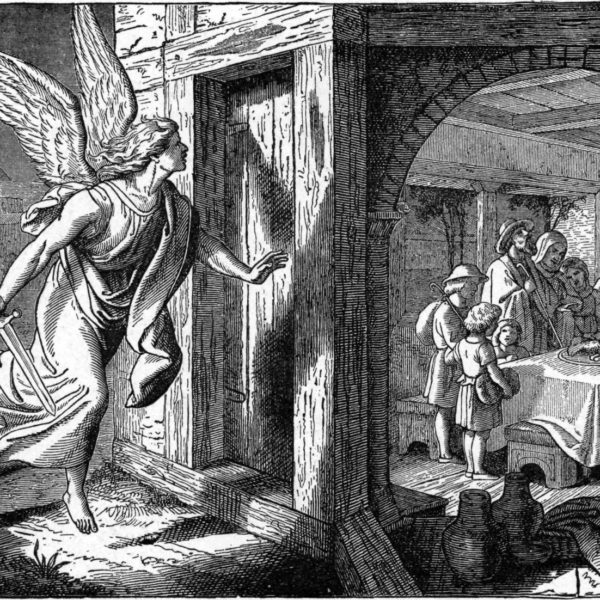
In the Passover we find a myth of the foundation of a nation that differs markedly from the contractarian myths of the Western liberal tradition. It disclosure of the sacrificial basis of the political order offers us a hermeneutical key for understanding the roots of our own nations and helps us to understand how we might be established as communities of faithful witness to them.
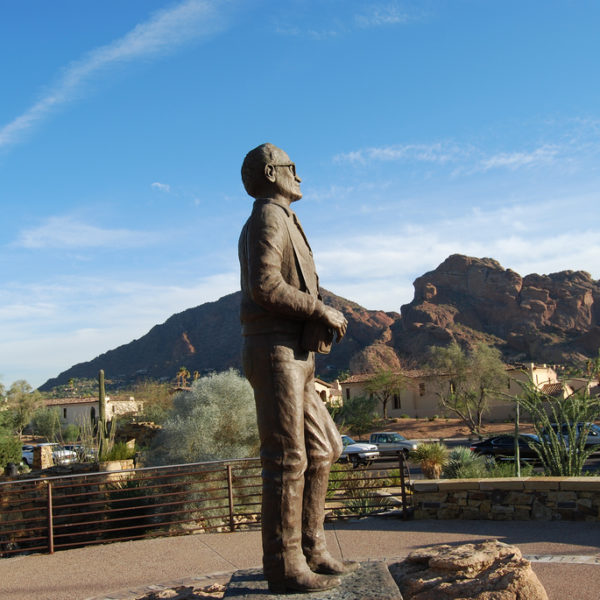
To swipe Oscar Hammerstein’s famous lyric, histories of twentieth-century American religious history – whether academically or popularly-oriented – can’t figure out how to solve a problem like Rousas John Rushdoony, the progenitor and elder statesmen of Christian Reconstructionism.
